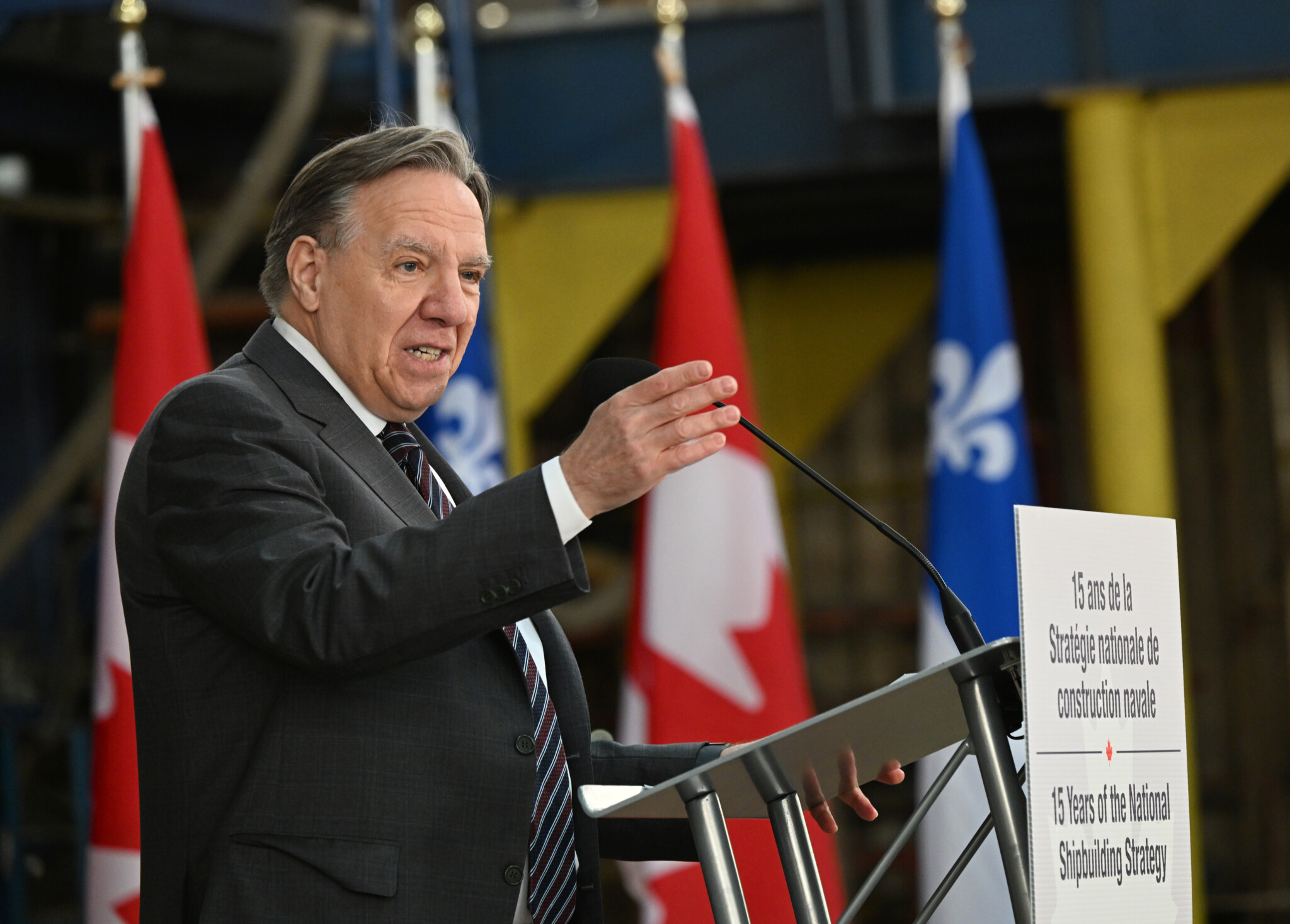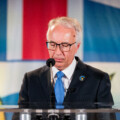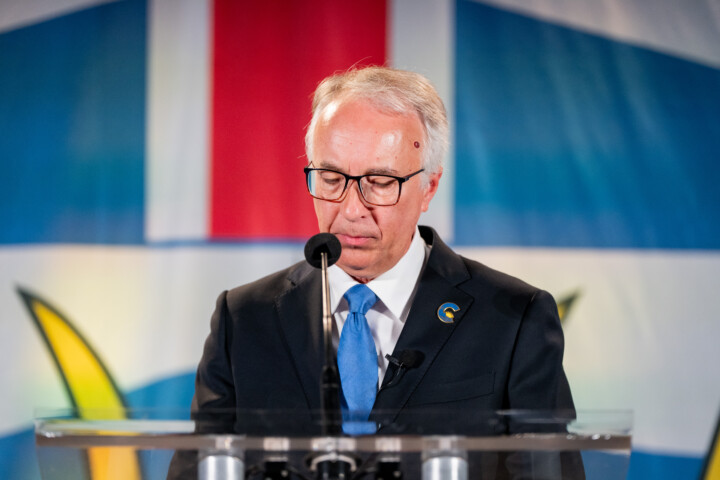Alberta and Quebec, often cast as Canada’s perennial rivals, are more like estranged siblings than sworn enemies. Their differences have long defined them: Quebec’s francophone soul and social priorities clash with Alberta’s oil-fueled individualism. Yet beneath this surface tension lies a shared craving for self-determination. It’s time these provinces swapped their squabbles for a strategic alliance, joining forces to curb Ottawa’s overreach and reshape Confederation.
The old narrative paints Quebec and Alberta as opposites. Quebec cherishes its cultural mosaic and robust safety nets, while Alberta thrives on resource wealth and rugged independence. But this oversimplification misses their common ground. Both have fiercely defended their right to call their own shots, whether it’s Quebec shielding its language and immigration policies or Alberta resisting federal resource meddling. Together, they could amplify their clout, pushing for fairer revenue sharing and a federation that honors regional distinctiveness. This isn’t about erasing differences; it’s about forging a united front to secure their place in Canada’s power structure.
Empowering provinces is at its core Canadian. Canada’s 1867 blueprint, the British North America Act (now the Constitution Act, 1867), was crafted to balance regional diversity with national unity. Provinces were granted robust powers over education, property, and resources under Section 92, reflecting the need to accommodate Quebec’s distinct identity and the economic realities of disparate regions. This made Canada’s federalism more decentralized by design than the United States, where a stronger central government was prioritized to avoid fragmentation. Yet, over time, federal spending, judicial rulings, and policies like equalization have tilted the scales toward Ottawa, eroding the provincial autonomy that Quebec and Alberta both crave.
Never has this trend been more aggressive than under the Trudeau government, which has overseen the largest expansion of federal spending power in Canadian history. Entire areas of provincial jurisdiction have been blurred or overridden through conditional funding and national programs. If ever there were a time for provinces to reassert themselves and reclaim their rightful place in the federation, it is now. One can only hope that leaders like Danielle Smith and François Legault will work toward a model of federalism where jurisdictions are respected—where watertight compartments protect provincial authority from federal intrusion.
Alberta Premier Danielle Smith gets it. Her recent trip to Quebec, pitching a “provincial autonomy alliance” to Premier François Legault, is a bold step toward unity. Smith’s vision moves beyond scattered provincial complaints to a coordinated stand against federal encroachment. Legault, a pragmatist who’s guarded Quebec’s control over culture and immigration, is an ideal partner. Smith’s Alberta Sovereignty Within a United Canada Act echoes Quebec’s long-standing habit of flexing provincial muscle, from dodging federal programs to prioritizing local economic needs. This isn’t Alberta mimicking Quebec; it’s remixing a proven strategy for Western realities.
The idea of Smith and Legault as allies might sound unlikely, but it’s rooted in logic. Quebec has asserted its autonomy with fearless confidence for decades, while Alberta has battled Ottawa over pipelines and economic policy just as doggedly. Both are fighting for the same federalist principle: provinces should steer their own futures. Quebec invokes its nationhood; Alberta cites Section 92 of the Constitution Act. Different words, same fight. A Smith-Legault partnership could turn these solo acts into a duet that Ottawa can’t ignore.

Alberta Premier Danielle Smith delivers a speech prior to a fireside chat during a Canada Strong and Free Network event in Ottawa, on Friday, April 12, 2024. Spencer Colby/The Canadian Press.
History is littered with missed chances for this alliance. In 1982, both provinces recoiled at Pierre Trudeau’s constitutional maneuvers. Quebec rejected the deal, and Alberta fumed over the National Energy Program, yet they never joined forces. The 1990s brought Quebec’s sovereignty push and Alberta’s health-care battles, but no collaboration emerged. Now, with Ottawa’s emissions caps, resource restrictions, and sprawling federal spending squeezing provincial control, the moment is ripe. Smith’s proposed alliance could be the antidote to Trudeau’s centralized vision, restoring a federalism where provinces hold real sway.
This isn’t about breaking Canada apart; it’s about building a federation that thrives on diversity. Alberta’s frontier spirit and Quebec’s cultural pride aren’t obstacles—they’re assets that could anchor a coalition for decentralized power. Pierre Poilievre hit the nail on the head recently: “Quebecers are proud of who they are. They don’t apologize for it. They defend it.” Alberta, with its deep-rooted heritage and economic might, could harness that same unapologetic energy. Quebec doesn’t whisper its identity; Alberta shouldn’t either.
Smith’s outreach to Quebec is more than a diplomatic gesture. It’s the spark of a transformative partnership. By uniting over their shared stake in provincial power, Alberta and Quebec could redefine Canadian federalism, proving that poutine and petrol can fuel more than stereotypes. This pact promises less apology, more audacity, and a bold step toward a Canada where regions call the shots—the way it was meant to be when Canada was originally formed under the British North America Act.
Here’s to Smith and Legault, the unexpected allies poised to make our country and their provinces a better place. By empowering provincial voices, they can forge a stronger, more united nation. This is their chance to redefine Confederation, proving that from the partnership of poutine and petrol, a bolder Canada can rise.








